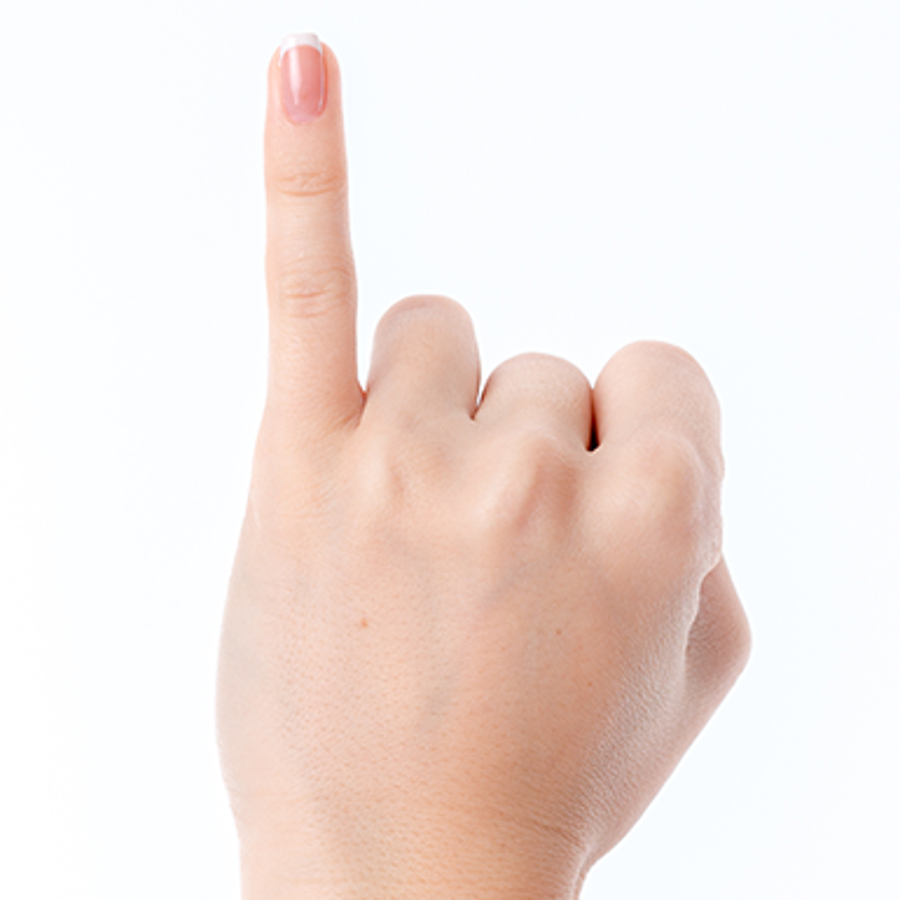
Are humans evolving to lose our pinky fingers?
October 6, 2006

- Related Topics:
- Evolution,
- Human evolution,
- Environmental influence,
- Mutation,
- Pleiotropy
A curious adult from California asks:
"All my life I have believed that as humans, we are slowly but surely through the evolutionary process losing our pinky fingers, much in the same way we lost our tails.
My 16-yr-old daughter mentioned it to her Anthropology/Sociology/Psychology teacher. He asked her to bring in an article supporting the idea; he'd never heard that being postulated before. I've spent HOURS looking on the 'Net — nothing! Many vague references, hundreds of message board posts that make reference to it, but not one article, not one paper, nothing, that either supports or refutes the idea.
I would have thought that our DNA would have mutated to accommodate unnecessary/disused functions of our corporal selves and gotten rid of anything excess. No?"
You know, I can remember hearing the same thing. I can even remember people talking about how pinkies in the Middle Ages were much longer than they are now. But as far as I can tell, this is a genetic myth.
The idea of this myth was that if we didn't use something, we'd lose it. Genetics doesn't work this way though.
Not using something doesn't make it disappear in later generations. The fact that we don't need something might mean it will disappear. But it might not either.
We have pinkies because our DNA tells our bodies to make five fingers including the pinky. Our DNA can't tell whether or not we are using our pinky. So our kids' pinkies won't be shorter just because we didn't use ours.
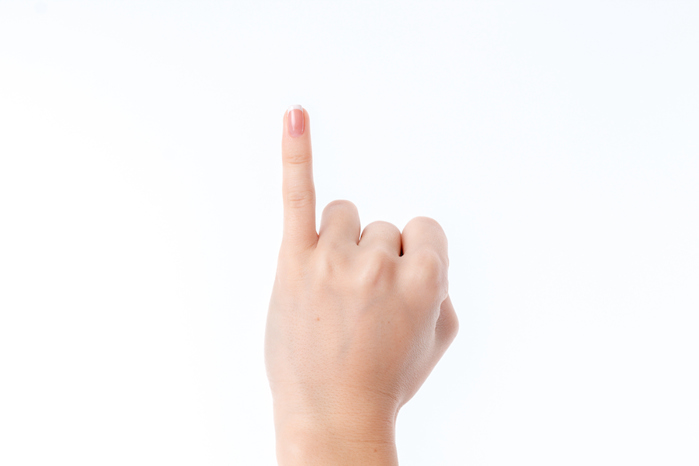
In other words, not using a pinky won’t alter our DNA to make the next generation's pinkies smaller. This isn't how genetics works. So how might we lose our pinkies?
There are a number of ways pinkies might grow shorter and/or eventually disappear in the future. None of them can happen in just a few generations (unless some cataclysmic event happens). And I couldn’t find any evidence that these things are happening now. But let’s dive into how this could theoretically happen.
Less fingers = better?
One way is if having a longer pinky means you are less likely to have kids. In other words, for some reason, having a pinky is a bad thing.
Over time, fewer people would have long pinkies and their shorter pinkied brethren would dominate. I can't think of anything bad about having a pinky so it doesn't seem like this will be happening anytime soon.
Random chance and new mutations?
Another way we might lose our pinky is by chance. Imagine the pinky isn't good or bad. Just useless.
There are occasionally changes that happen to our DNA. If they don't matter (or are advantageous), they can be passed down.
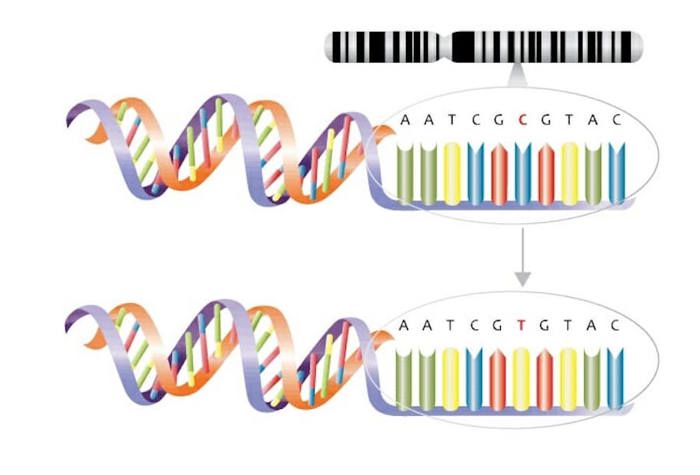
Imagine that one of these changes makes it so the pinky is shorter. Now these folks and their descendants will have a shorter pinky.
But if a shorter pinky doesn't matter, the shorter pinky won't spread in the population. For this to cause humans in general to have shorter pinkies, you'd need for something to happen to people with longer pinkies.
Here's how it might work. You need for the shorter pinkied folks to be isolated from everyone else. Now imagine that all the other people kill each other off, starve to death or succumb to some awful illness.
Now the isolated population founds a new population of short pinkied humans. This is called the founder effect and there are lots and lots of examples of this out there.
One even has to do with fingers. Polydactyly, or extra fingers and toes, is more common among some Amish groups in Pennsylvania. This is because Amish communities were founded by small groups of people.
One of the founders of an Amish community was a carrier for a gene that results in extra fingers and toes. The founder then passed this gene onto his or her children. Now, because there weren't many outside contacts, the trait spread in the population.
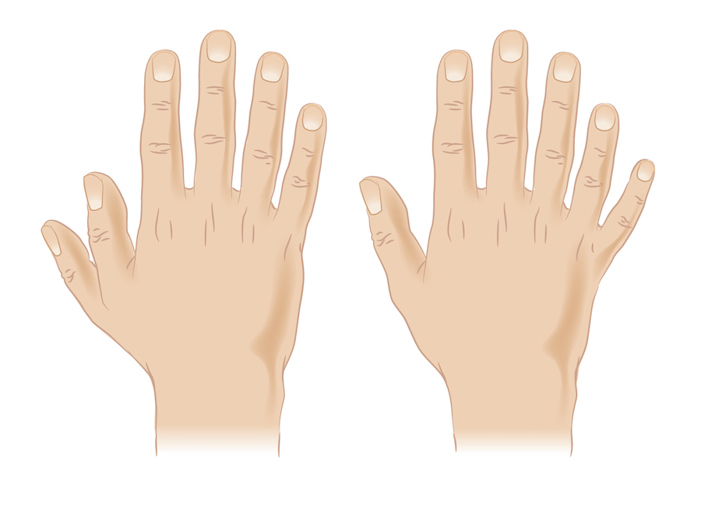
Now, for it to become more common in the human race in general, we need to wipe out many or most of the five-fingered people. Then, as long as it doesn't affect survival, extra fingers or toes would become the norm.
Tagging along for the ride
Another way to lose a pinky would be if not having a pinky were fortuitously linked to some survival trait. In other words, having the shorter pinky isn't what matters. What is important is the trait that happens to come with a shorter pinky.
This sort of thing does happen sometimes. Linked traits tend to occur when two genes happen to be very close together.
Imagine two genes that are very close together. One is involved in finger development. The other in resistance to viruses.
Now, there are different versions of each gene. It just so happens that the version of the virus-resistance gene that makes someone more resistant to a new virus is usually next to a finger development gene that leads to a shorter pinky. In this case, having a shorter pinky means you'd be better able to survive the virus.
Our unlucky long pinkied friends don't have the right gene version nearby. If this happens, then the virus would wipe out people with long pinkies. Now the human race has short pinkies.
Notice this has little to do with the pinky itself. The shorter pinky is just along for the ride, hitchhiking alongside that virus-resistance gene.
One gene, many effects
There’s one last way that evolution might eventually phase them out of humans.
Imagine that whether or not you develop a pinky affects other parts of your body. Maybe without a pinky, your hand had a slightly different shape. Or you developed more taste buds. Or you were slightly taller.
This sort of thing is called pleiotropy, where one gene affects many seemingly unrelated traits. My pinky example is totally made up, but there are real examples of this affecting evolution!
Sounds weird but it is what seems to be happening in blind cavefish. Cavefish invariably lose their eyes over time. Is this because they don't need them?
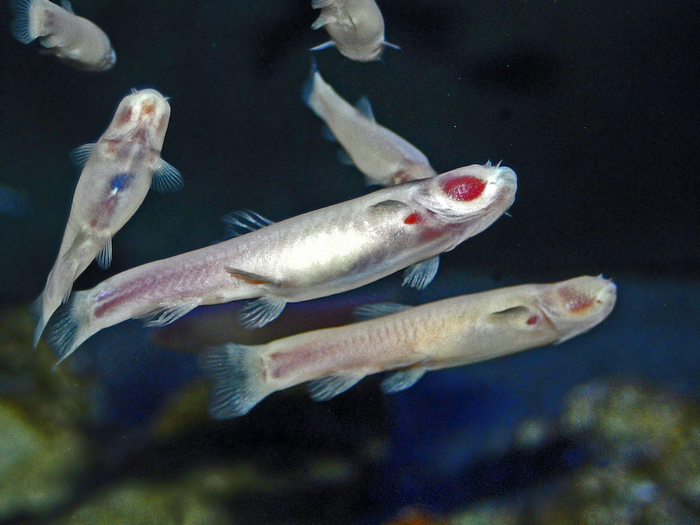
Sort of. There are a lot of different hypotheses as to how these fish might lose their eyes. But one idea is that mutations in genes related to eye development let them acquire new traits that are useful. Like making the fish better hunters in the dark.
Again, this isn't because disuse changes the DNA so that a lack of eyes is passed on to future generations. Instead, not needing eyes made it possible for a mutation to develop that turns them into better hunters in the dark.
Maybe something similar could happen with our pinkies. If for some reason, modern man doesn't need pinkies, then perhaps biology could explore alternative body plans that give us some new survival trait.
But none of this would happen in a few hundred years. This is something that would take a long time to happen. So I think the shortening pinky is possibly some sort of urban myth that both of us heard many years ago.

Author: Dr. Barry Starr
Barry served as The Tech Geneticist from 2002-2018. He founded Ask-a-Geneticist, answered thousands of questions submitted by people from all around the world, and oversaw and edited all articles published during his tenure. AAG is part of the Stanford at The Tech program, which brings Stanford scientists to The Tech to answer questions for this site, as well as to run science activities with visitors at The Tech Interactive in downtown San Jose.
 Skip Navigation
Skip Navigation
